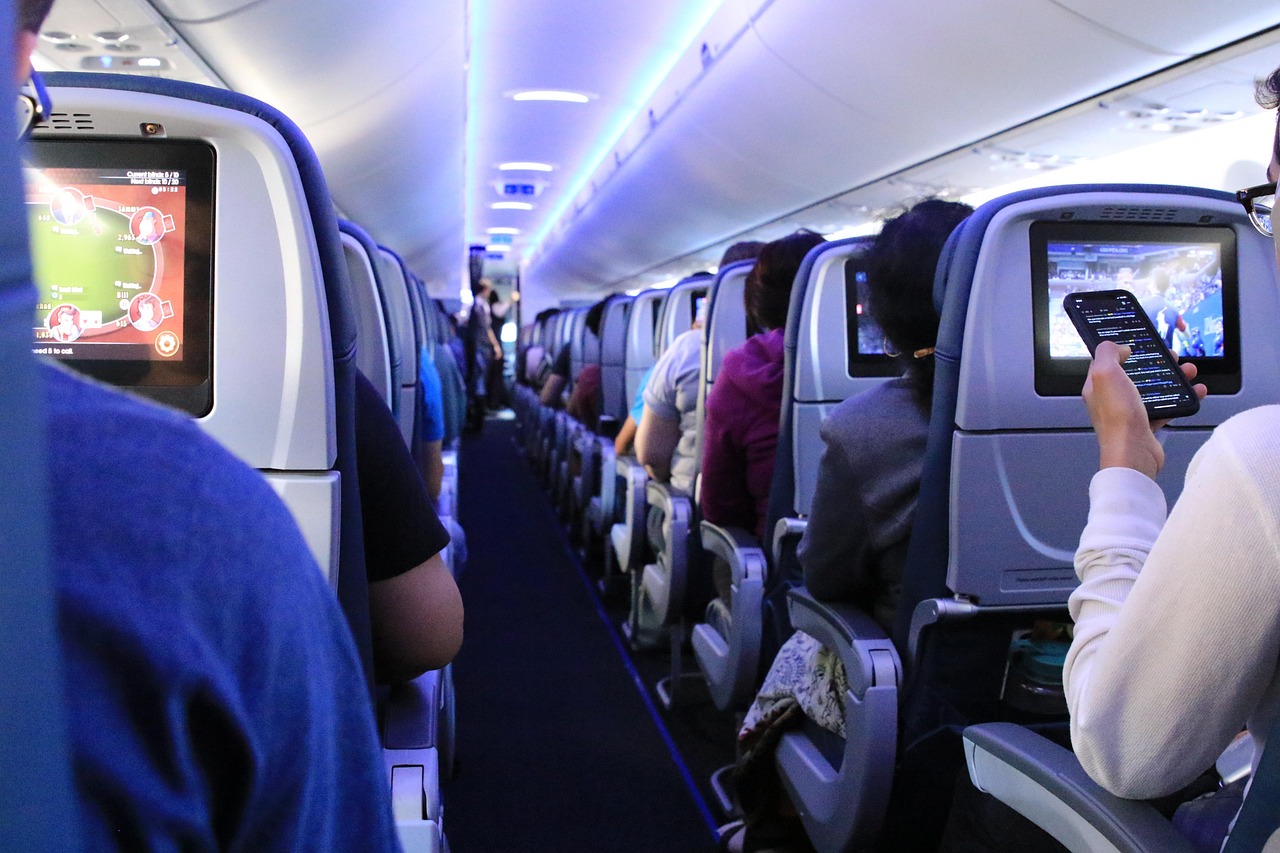Have you ever dreamed of sipping sangria in Seville, exploring the streets of Barcelona, or catching a flamenco show in Madrid—but assumed it was out of your budget?
🌴 Get Your FREE Bahamas Checklist!
Perfect for planning your island escape 🌊
We respect your privacy. Unsubscribe anytime.
Powered by greattravelnews.com
Think again.
Because right now, flights to Spain are the cheapest they’ve been in YEARS, and travelers are scoring round-trip tickets for as low as $99!
Yes, really.
✈️ The Flight Deals Everyone’s Talking About
Thanks to a combination of off-season pricing, flash sales, and a few sneaky booking hacks, it’s now possible to fly to Spain without draining your savings account.
We’ve scoured the web and found insane deals through these top booking sites:
Don’t wait around—these flight prices are disappearing FAST.
🌞 Why Spain Should Be Your Next Destination
Aside from the jaw-dropping airfare, Spain delivers incredible value once you’re there:
-
Affordable food and wine – think $3 tapas and $1.50 espresso
-
Stunning cities and beaches – Barcelona, Granada, Valencia, and beyond
-
Free or low-cost attractions – many museums and cathedrals have free admission days
-
Year-round mild weather – especially in southern Spain
If you’ve been putting off your European getaway, now’s the perfect time to make it happen.
💡 Travel Hack: Be Flexible
Here’s the deal:
To grab the absolute cheapest flights, try the following tricks:
-
Fly midweek – Tuesdays and Wednesdays are usually cheapest
-
Use nearby airports – Try flying into Madrid, Barcelona, or even Málaga
-
Check multiple platforms – Prices vary between sites, so compare all three
👉 Pro tip: Use Kiwi’s flexible search feature to scan dates and cities automatically — Try it here
🏁 Final Boarding Call
If you’ve ever thought “I’ll go to Spain one day,” this is your sign.
Prices like this won’t last, and seats are already disappearing as savvy travelers snap them up.
Ready to live your Spain fantasy on a budget?
🔗 Start with Booking – Cheap Seats Go Fast!
🔗 Check Out the Latest on Trip
🔗 Hunt Down the Lowest Prices with Kiwi
Pack your bags. Spain is calling. 🇪🇸💃




